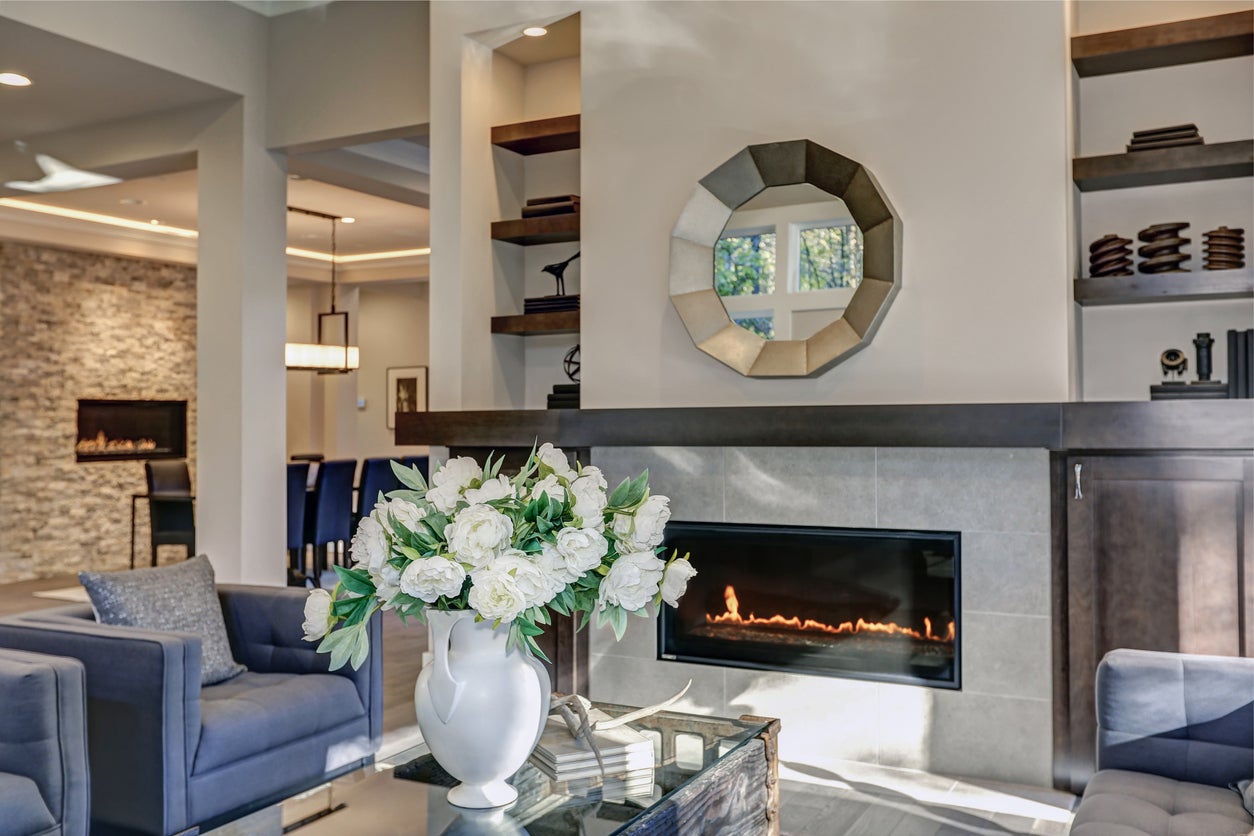

Articles
Why Does My Gas Fireplace Smell Like Gas
Modified: May 6, 2024
Discover why your gas fireplace smells like gas and find helpful articles to address the issue and keep your home safe.
(Many of the links in this article redirect to a specific reviewed product. Your purchase of these products through affiliate links helps to generate commission for Storables.com, at no extra cost. Learn more)
Introduction
Gas fireplaces are a popular heating option for many homeowners. They offer warmth, convenience, and an aesthetically pleasing ambiance. However, there are instances where gas fireplaces emit a distinctive odor that resembles the smell of gas. This can be alarming and raise concerns about safety. In this article, we will explore the reasons behind why your gas fireplace may smell like gas and what you can do about it.
Before delving into the potential causes, it’s important to understand how gas fireplaces operate. These fireplaces utilize natural gas or propane as fuel to produce flames and provide heat. The gas is ignited by a pilot light or electronic ignition system and the flames are then directed over ceramic logs or other types of fireproof materials to create the illusion of a wood-burning fire. This makes them a convenient and cleaner alternative to traditional wood-burning fireplaces.
While gas fireplaces are generally safe to use, the presence of a gas smell can indicate underlying issues that need attention. It’s crucial not to ignore this odor, as it may pose a potential risk of gas leaks and other safety concerns.
There are several common causes of gas smells in fireplaces, including:
Key Takeaways:
- Gas smells in your fireplace can be caused by issues such as faulty gas valves, leaking gas pipes, pilot light problems, burner malfunctions, or dirty logs. Prompt detection and professional assistance are crucial for addressing these issues and ensuring safety.
- Regular maintenance, professional inspections, and adherence to safety precautions are essential for preventing gas smells in your gas fireplace. By following manufacturer guidelines, keeping the area clear, and monitoring the pilot light, you can enjoy a safe and comforting ambiance in your home.
Understanding Gas Fireplaces
Gas fireplaces have become increasingly popular in recent years due to their convenience and efficiency. Unlike traditional wood-burning fireplaces, gas fireplaces do not require constant maintenance, such as chopping and storing wood, and cleaning up ashes. They provide instant heat with just a flip of a switch or push of a button, and they can be easily controlled to maintain desired temperature levels.
Gas fireplaces operate using either natural gas or propane, which are both clean-burning fuels. Natural gas is supplied through a pipeline, while propane is stored in a tank and delivered to the fireplace. The gas is ignited either by a pilot light, which remains constantly lit and ready to ignite the flames, or by an electronic ignition system that sparks the gas when the fireplace is turned on.
Once ignited, the gas flows through the burners, producing flames that dance and provide warmth. These flames heat up the logs or other fireproof materials to create the appearance of a real fire. Many gas fireplaces come with options for adjusting the flame height, intensity, and even the color of the flames to suit personal preferences.
In addition to their ease of use and efficient heating capabilities, gas fireplaces offer other advantages. They provide a consistent and even heat output, eliminating the need for constantly adding more logs to maintain the fire. They also produce minimal smoke and emit fewer pollutants compared to traditional wood-burning fireplaces, making them a healthier option for indoor air quality.
Gas fireplaces come in a variety of styles and designs to suit different aesthetic preferences. They can be installed in various locations within a home, such as living rooms, bedrooms, or even outdoor spaces, providing flexibility in fireplace placement.
Despite the many benefits gas fireplaces offer, it is important to remember that they require proper installation and regular maintenance to ensure efficient and safe operation. Regular inspections by a qualified technician are recommended to identify and address any issues to prevent problems like gas smells.
Common Causes of Gas Smell in Fireplaces
If you notice a gas smell coming from your gas fireplace, it is important to investigate the cause and take appropriate action to ensure your safety. Here are some common causes of gas smells in fireplaces:
- Faulty Gas Valve: The gas valve controls the flow of gas to the fireplace. If the gas valve is not functioning properly, it may result in a gas leak, leading to the smell of gas.
- Leaking Gas Pipes: Over time, the gas pipes that connect to your fireplace may develop small cracks or leaks. These leaks can release the odor of gas into your home.
- Pilot Light Issues: If the pilot light is not igniting properly or keeps going out, it can cause a gas smell. This could be due to a malfunctioning thermocouple or a clogged pilot light orifice.
- Burner Problems: A damaged or malfunctioning burner can result in incomplete combustion of the gas, leading to a gas smell. This can be caused by a build-up of debris or a misaligned burner.
- Damaged or Dirty Logs: If the ceramic logs or other fireproof materials in your gas fireplace are damaged or dirty, they can interfere with the proper functioning of the flames, causing a gas smell.
Identifying the specific cause of the gas smell is crucial in order to address the issue effectively. It is advisable to contact a professional technician who specializes in gas fireplaces to inspect and diagnose the problem. They have the knowledge and expertise to identify the underlying issue and recommend the appropriate solution.
It is important to note that gas smells can sometimes be associated with the initial usage of a gas fireplace. When a gas fireplace is first installed or has not been used for a while, it is common to experience a faint gas smell. This can be attributed to the burn-off of the oils and residues on the internal components of the fireplace. However, if the gas smell persists or becomes stronger over time, it is essential to address the issue promptly.
In the next sections, we will explore each of these potential causes in more detail, along with tips on how to detect gas odors and safety precautions to take.
Faulty Gas Valve
A faulty gas valve is one of the potential causes of a gas smell in your gas fireplace. The gas valve is responsible for controlling the flow of gas to the fireplace. When the gas valve malfunctions, it can result in gas leaks, leading to the smell of gas.
There are a few common issues that can occur with the gas valve:
- Leaking Gas Valve: If the gas valve is damaged or worn out, it may develop leaks. These leaks can release the scent of gas into your home. It is important to note that even small gas leaks can pose a significant safety risk, as gas is highly flammable. If you suspect a leaking gas valve, it is imperative to take immediate action to avoid potential hazards and contact a professional technician.
- Incorrectly Adjusted Gas Valve: The gas valve needs to be properly adjusted to regulate the flow of gas. If it is set too high, it can result in an excessive amount of gas flowing into the fireplace, leading to a strong gas smell.
- Stuck Gas Valve: Over time, a gas valve can become stuck in one position, preventing it from functioning properly. This can obstruct the flow of gas or cause it to remain open, both of which can result in a gas odor.
If you suspect a faulty gas valve as the cause of the gas smell in your gas fireplace, it is essential to seek professional assistance. A qualified technician will be able to inspect the gas valve and determine the exact issue. They may need to repair or replace the faulty valve to ensure safe and efficient operation of your gas fireplace.
It’s worth noting that attempting to repair or replace a gas valve yourself can be dangerous and is best left to professionals. Gas appliances require specialized knowledge and expertise to handle safely. Always prioritize your safety and rely on qualified technicians to address any issues related to the gas valve or other components of your gas fireplace.
Leaking Gas Pipes
If you notice a strong gas smell coming from your gas fireplace, it may be attributed to leaking gas pipes. Over time, the gas pipes that connect to your fireplace can develop small cracks, corrosion, or loose fittings, leading to gas leaks.
Gas leaks from the pipes can result in the odor of gas permeating your home. It is important to take immediate action if you suspect leaking gas pipes, as gas leaks pose a significant safety hazard due to the flammable nature of gas.
Here are some common causes of leaking gas pipes:
- Corrosion: Corrosion can occur in gas pipes over time, especially if they are made of steel or iron. Corrosion weakens the pipes and can lead to small cracks or holes, allowing gas to escape.
- Poor Installation: If the gas pipes were not properly installed or if they were subjected to excessive strain or movement, it can result in connections becoming loose and eventually leading to gas leaks.
- Physical Damage: Gas pipes can be susceptible to physical damage, such as accidental impacts during renovations or construction work. These incidents can cause the pipes to crack or rupture, resulting in gas leaks.
If you suspect leaking gas pipes as the cause of the gas smell in your gas fireplace, it is crucial to prioritize your safety. Here’s what you can do:
- Evacuate the area: If you notice a strong gas smell, evacuate the area immediately. Open windows and doors to allow fresh air to circulate and move to a safe location away from the potential gas leak.
- Avoid open flames and sparks: Gas leaks can be highly dangerous, as they can easily ignite. Avoid using any open flames, such as lighting matches or candles, and do not operate any electrical switches or appliances that could create sparks.
- Do not investigate or try to fix the issue by yourself: Contact a professional technician or your gas service provider as soon as possible to report the gas smell and request immediate assistance. Gas leaks should always be addressed by professionals who have the necessary knowledge and equipment to address the issue safely.
Remember, when it comes to gas leaks, it is better to err on the side of caution. Never ignore a gas smell or attempt to fix leaking gas pipes yourself. Your safety and the safety of your loved ones should always be the top priority.
Pilot Light Issues
If you’re experiencing a gas smell in your gas fireplace, one possible culprit could be pilot light issues. The pilot light is a small, continuously burning flame that ignites the gas when the fireplace is turned on. If the pilot light is not functioning properly, it can lead to a gas smell in your fireplace.
There are several common causes of pilot light issues:
- Thermocouple Malfunction: The thermocouple is a safety device that detects whether the pilot light is lit. If the thermocouple is faulty or worn out, it may not generate enough voltage to keep the gas valve open, resulting in a weak or extinguished pilot light.
- Dirty Pilot Light or Orifice: A clogged pilot light orifice can prevent the proper flow of gas to the pilot light, leading to a weak or non-existent flame. Dust, lint, or debris can accumulate over time and block the orifice, affecting the performance of the pilot light.
- Incorrectly Adjusted Pilot Light: If the pilot light is not adjusted properly, it may result in an incomplete combustion of gas, leading to a gas smell. This can occur if the flame is too small or too large, indicating an issue with the adjustment settings.
If you suspect pilot light issues as the cause of the gas smell in your gas fireplace, here are some steps you can take:
- Inspection: Carefully observe the pilot light to see if it is lit and burning steadily. If the flame is weak, flickering, or keeps going out, it may indicate a pilot light issue.
- Cleanup: Gently clean the pilot light and orifice using a soft brush or compressed air. Remove any dirt, debris, or soot buildup that may be obstructing the gas flow. Always refer to the manufacturer’s instructions for guidance on proper cleaning techniques.
- Check the thermocouple: Inspect the thermocouple for any signs of damage or wear. If you suspect a faulty thermocouple, it is best to consult a professional technician for a proper diagnosis and replacement if necessary.
- Adjustment: If you’re confident in your abilities, you can try adjusting the pilot light flame using the manufacturer’s instructions as a guide. However, if you’re unsure or uncomfortable with this task, it is recommended to seek professional assistance.
If the pilot light issues persist or if you’re uncertain about performing any repairs or adjustments yourself, it is always best to consult a professional technician. They have the expertise and knowledge to properly diagnose and resolve pilot light problems, ensuring the safe operation of your gas fireplace.
If your gas fireplace smells like gas, it could be a sign of a gas leak. Turn off the fireplace, open windows, and call a professional to inspect and repair any leaks. Safety first!
Burner Problems
When your gas fireplace emits a gas smell, one possible cause could be burner problems. The burner is responsible for distributing and igniting the gas, creating the flames that provide heat and ambiance in your fireplace. If the burner is damaged or malfunctioning, it can result in incomplete combustion of the gas, leading to a gas smell.
Here are several common burner problems that may cause a gas smell in your gas fireplace:
- Debris Build-up: Over time, debris such as dust, dirt, or pet hair can accumulate on the burner. This build-up can obstruct the flow of gas and affect the efficiency of combustion, leading to a gas smell. Regular cleaning and maintenance of the burner can help prevent this issue.
- Misaligned Burner: If the burner is not correctly aligned with the gas supply, it may result in uneven flames or incomplete combustion. This can cause a gas smell in your fireplace. A professional technician is the best person to realign the burner and ensure proper gas flow.
- Worn-out Burner: Normal wear and tear can cause the burner to degrade over time. If the burner is worn out or damaged, it may not distribute gas evenly, resulting in incomplete combustion and a gas smell. In such cases, replacement of the burner may be necessary.
If you suspect burner problems as the cause of the gas smell in your gas fireplace, here are some steps you can take:
- Inspection: Carefully inspect the burner to check for any signs of damage, corrosion, or debris buildup. A visual examination can help identify any obvious issues.
- Cleaning: If there is debris or dirt accumulation on the burner, gently clean it using a soft brush or cloth. Remove any obstructions that may be obstructing the gas flow. Be cautious not to damage the burner during the cleaning process.
- Professional Assistance: If the burner is misaligned, worn out, or shows signs of significant damage, it is advisable to seek the assistance of a professional technician. They have the expertise to properly diagnose and address burner problems, ensuring safe and efficient operation of your gas fireplace.
Regular maintenance and cleaning of the burner, along with professional inspections, can help prevent and detect burner problems early on. By keeping the burner in optimal condition, you can ensure a pleasant and gas odor-free experience while operating your gas fireplace.
Damaged or Dirty Logs
If you’re experiencing a gas smell in your gas fireplace, it’s possible that the issue may be due to damaged or dirty logs. Gas fireplaces often use realistic-looking ceramic logs or other fireproof materials to create the appearance of a traditional wood-burning fire. These logs can be susceptible to wear and tear or collect dirt and debris over time, which can interfere with the proper functioning of the flames and result in a gas smell.
Here are a few common issues related to damaged or dirty logs that may contribute to a gas smell:
- Cracked or Broken Logs: Over time, ceramic logs can develop cracks or even break due to heat exposure. These damaged logs can disrupt the flow of gas and result in an incomplete combustion, leading to a gas smell.
- Accumulated Soot or Residue: Soot and residue can build up on the logs, especially if the gas fireplace hasn’t been cleaned regularly. This build-up can hinder the flames from properly heating the logs and create inefficient combustion, resulting in a gas smell.
- Improperly Placed Logs: If the logs are not correctly positioned on the burner, they may obstruct the flow of gas or cause uneven flames. This can lead to incomplete combustion and contribute to the presence of a gas smell.
If you suspect damaged or dirty logs as the cause of the gas smell in your gas fireplace, here are some steps you can take:
- Inspection: Carefully examine the logs for any visible damage, cracks, or signs of wear. Additionally, check for any soot or residue accumulation on the logs.
- Cleaning: If the logs appear dirty or covered in soot, gently clean them with a soft brush or cloth. Be sure to follow the manufacturer’s recommendations for cleaning procedures to avoid damaging the logs.
- Replacement: If you discover cracked or broken logs, it may be necessary to replace them. Contact the manufacturer or a professional technician to inquire about obtaining suitable replacement logs for your specific gas fireplace model.
- Repositioning: Ensure that the logs are properly positioned on the burner, following the manufacturer’s instructions. This will help promote even gas flow and efficient combustion.
Regular maintenance and cleaning of your gas fireplace, including the logs, are essential for optimal performance and to prevent the occurrence of a gas smell. If you’re uncertain about the cleaning process or notice significant damage to the logs, it is best to consult a professional technician for guidance or assistance.
Gas Odor Detection and Safety Precautions
When it comes to gas smells in your gas fireplace, it’s crucial to be vigilant and prioritize safety. Detecting and addressing gas odors promptly can help prevent potential hazards and ensure the well-being of you and your household. Here are some important gas odor detection and safety precautions to keep in mind:
- Recognize the Smell: Familiarize yourself with the distinct odor of natural gas, which is often described as resembling rotten eggs or sulfur. Train yourself and your family members to recognize this smell, as it can indicate a gas leak or other issues with your gas fireplace.
- Do Not Ignore Gas Smells: If you detect a gas smell, even if it’s subtle, it should never be ignored. Taking immediate action is crucial to prevent potential risks.
- Leave the Area: If you notice a gas smell, evacuate the premises, including all family members and pets. Move to a safe location outside your home and be sure to leave doors and windows open to allow for ventilation.
- Avoid Open Flames and Sparks: Gas leaks can be highly flammable, so it’s essential to prevent any potential sources of ignition. Refrain from using open flames, such as matches or lighters, and avoid using electrical switches or operating any appliances that can create sparks.
- Do Not Operate Electrical Devices: During a gas leak, do not operate electrical devices, including lights, fans, or even cell phones, as they can generate sparks and ignite the gas.
- Contact the Professionals: Upon detecting a gas smell, contact your gas provider or emergency services immediately. They will be able to guide you on the necessary steps to take and may dispatch a trained technician to your location to address the issue.
- Follow Professional Recommendations: If a gas leak is confirmed, it is important to follow the instructions and recommendations of the professionals. They may advise you to avoid re-entering your home until the issue is resolved and to have your gas fireplace inspected by a qualified technician.
- Regular Maintenance and Inspections: Prevention is key when it comes to gas smells in your gas fireplace. Schedule regular maintenance and inspections with a professional technician to ensure your fireplace is in good working condition and to detect any potential issues before they escalate.
Remember, gas leaks are serious safety hazards and should be treated as such. Your well-being and that of your loved ones should always be the top priority. If you suspect a gas leak or notice a gas smell in your gas fireplace, take immediate action, follow the safety precautions outlined above, and contact the appropriate professionals for assistance.
Read more: Why Does My AC Smell Like Vinegar
Prevention and Maintenance Tips
Preventing gas smells in your gas fireplace and ensuring its safe and efficient operation requires regular maintenance and care. Here are some prevention and maintenance tips to help you maintain a gas odor-free environment:
- Professional Inspections: Schedule regular inspections by a qualified technician to assess the condition of your gas fireplace. They can identify potential issues, such as faulty valves, leaking gas pipes, or burner problems, before they result in a gas smell.
- Clean the Fireplace: Regularly clean your gas fireplace to prevent the accumulation of dust, debris, and soot. Follow the manufacturer’s instructions on how to clean the internal components, including the burner, logs, and glass doors or panels.
- Check for Cracks: Regularly inspect the ceramic logs for any cracks or damage. Cracked logs can disrupt the gas flow and cause incomplete combustion, leading to a gas smell. If you notice any damage, consider replacing the affected logs.
- Keep the Area Clear: Ensure that the area around your gas fireplace is clear of any potential obstructions, including furniture, drapes, and other combustible materials. Adequate airflow is essential for the safe operation of your fireplace.
- Monitor the Pilot Light: Regularly check the pilot light to ensure it is lit and producing a steady flame. If the flame appears weak or goes out frequently, contact a professional technician to address any underlying issues.
- Be Mindful of Ventilation: Gas fireplaces require proper ventilation to ensure the release of combustion byproducts, including carbon monoxide. Make sure the ventilation system is clean and unobstructed.
- Use a Carbon Monoxide Detector: Install a carbon monoxide detector near your gas fireplace and regularly test it to ensure it is functioning properly. This will provide an additional level of safety by alerting you to the presence of this odorless gas.
- Follow Manufacturer’s Guidelines: Always refer to the manufacturer’s instructions for specific maintenance recommendations and guidelines for your gas fireplace. Adhering to these guidelines will help preserve the longevity and performance of your appliance.
By following these prevention and maintenance tips, you can minimize the risk of gas smells in your gas fireplace and ensure its safe and efficient operation. Regular care and attention will help you enjoy a comforting and odor-free ambiance while maintaining peace of mind.
Conclusion
A gas smell in your gas fireplace can be a cause for concern, but with proper understanding, detection, and maintenance, you can address the issue and ensure the safe and enjoyable operation of your fireplace.
In this article, we explored various common causes of gas smells in gas fireplaces, including faulty gas valves, leaking gas pipes, pilot light issues, burner problems, and damaged or dirty logs. We also discussed the importance of gas odor detection and safety precautions, emphasizing the need to recognize the smell, evacuate the area, avoid open flames and sparks, and contact professionals for assistance.
Prevention and regular maintenance are key to avoiding gas smells in your gas fireplace. By scheduling professional inspections, conducting regular cleaning, checking for cracks, keeping the area clear, monitoring the pilot light, ensuring proper ventilation, and using carbon monoxide detectors, you can minimize the risk of gas leaks and maintain a safe environment.
It is crucial to prioritize your safety and the safety of your loved ones. If you detect a gas smell or suspect any issues with your gas fireplace, do not hesitate to seek professional assistance. Gas appliances require specialized knowledge and expertise to handle properly, so relying on professionals is essential.
By following the prevention and maintenance tips outlined in this article, you can enjoy the warmth, convenience, and ambiance of your gas fireplace without the worry of gas smells. Take the necessary steps to ensure your fireplace operates efficiently and safely, creating a cozy and inviting atmosphere in your home for years to come.
Now that you've got the scoop on why your gas fireplace might be emitting that peculiar gas smell, it's time to dive deeper into keeping your cozy corner safe and efficient. Whether you're dealing with pilot light troubles or burner issues, regular upkeep is key. Don't neglect the heart of your living room; learn all about routine care and safety measures with our detailed guide on fireplace maintenance.
Frequently Asked Questions about Why Does My Gas Fireplace Smell Like Gas
Was this page helpful?
At Storables.com, we guarantee accurate and reliable information. Our content, validated by Expert Board Contributors, is crafted following stringent Editorial Policies. We're committed to providing you with well-researched, expert-backed insights for all your informational needs.
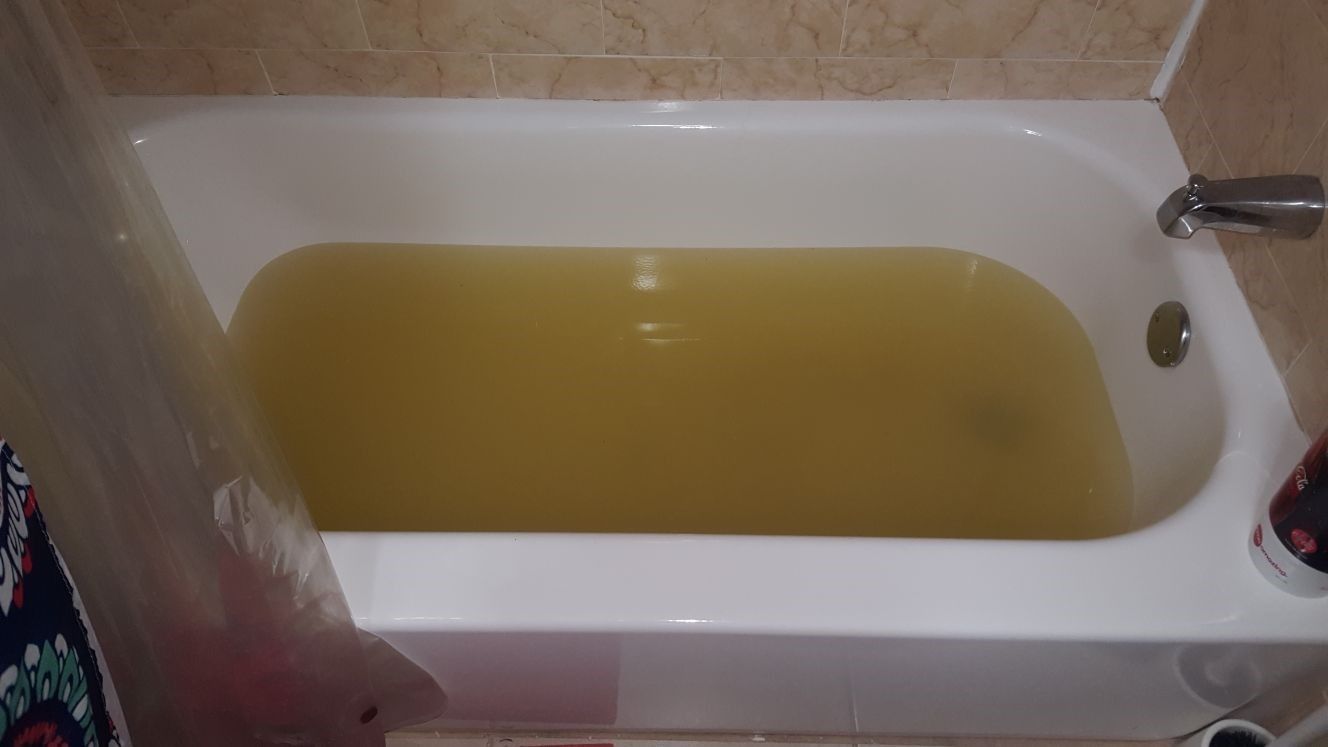
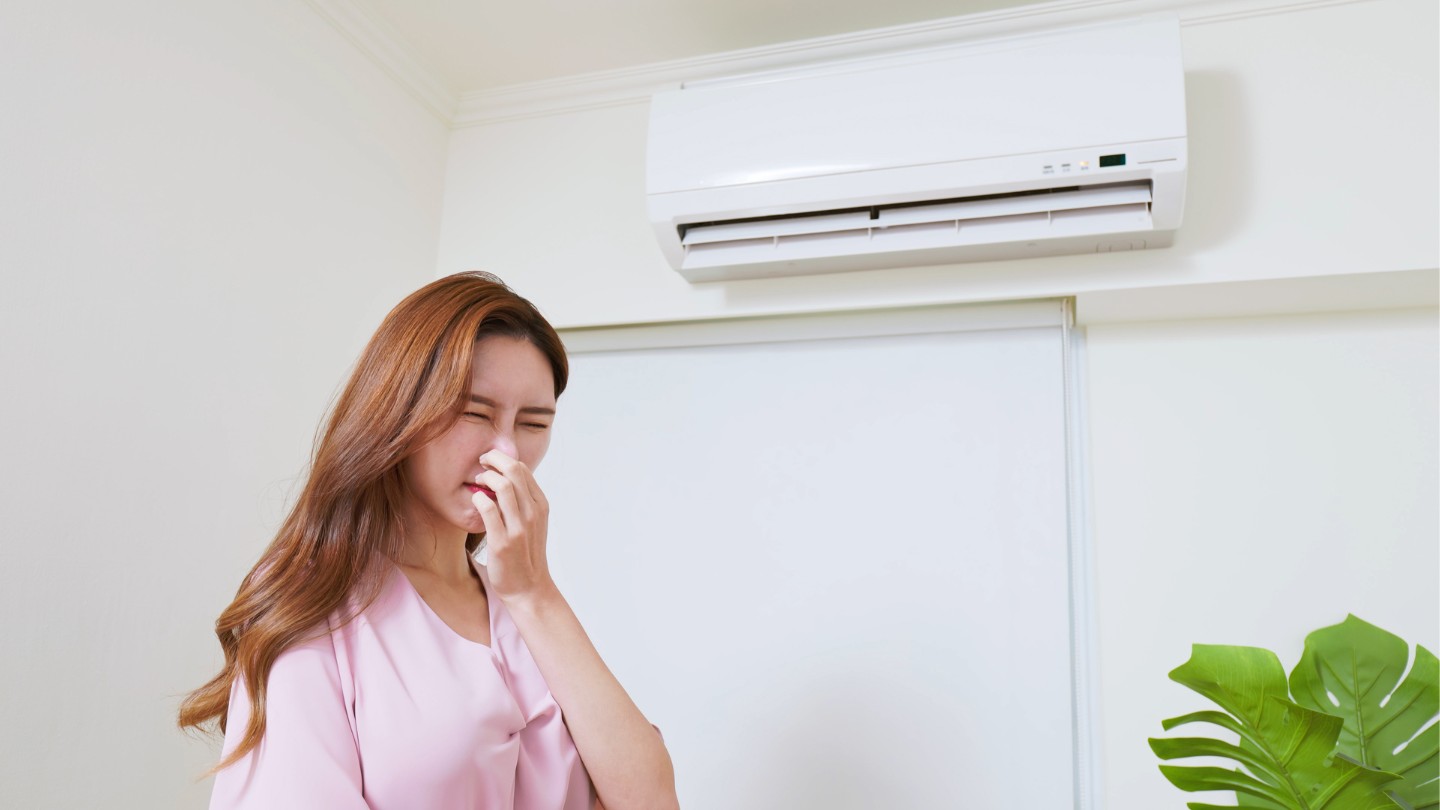
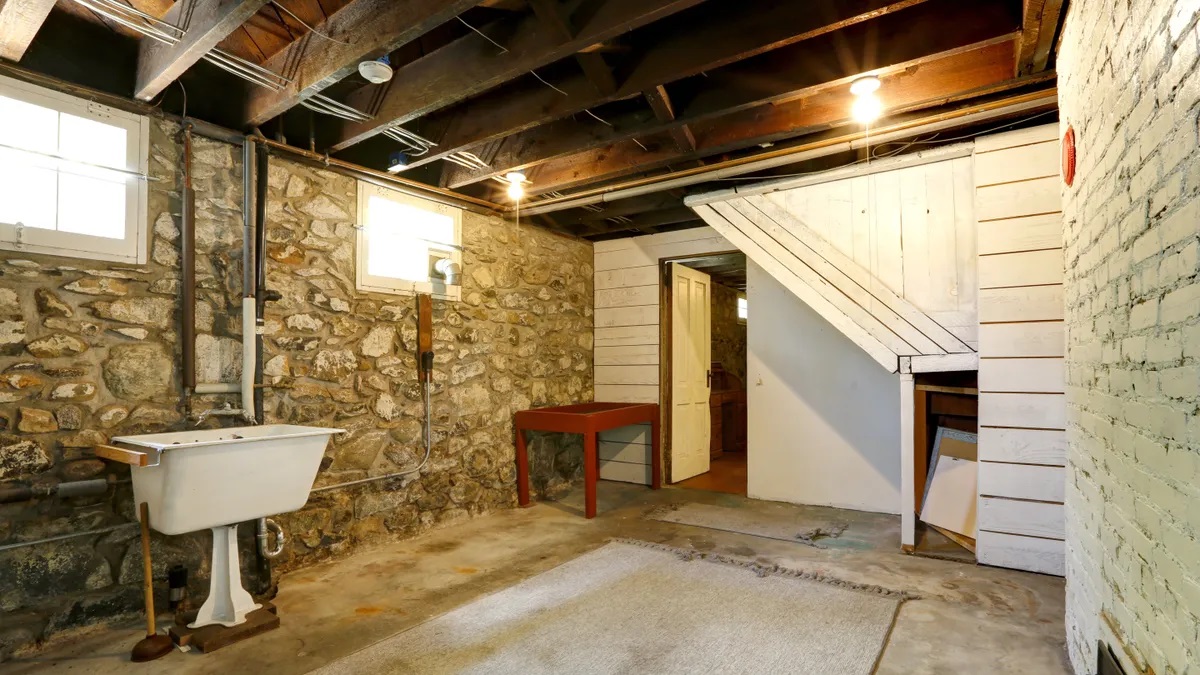
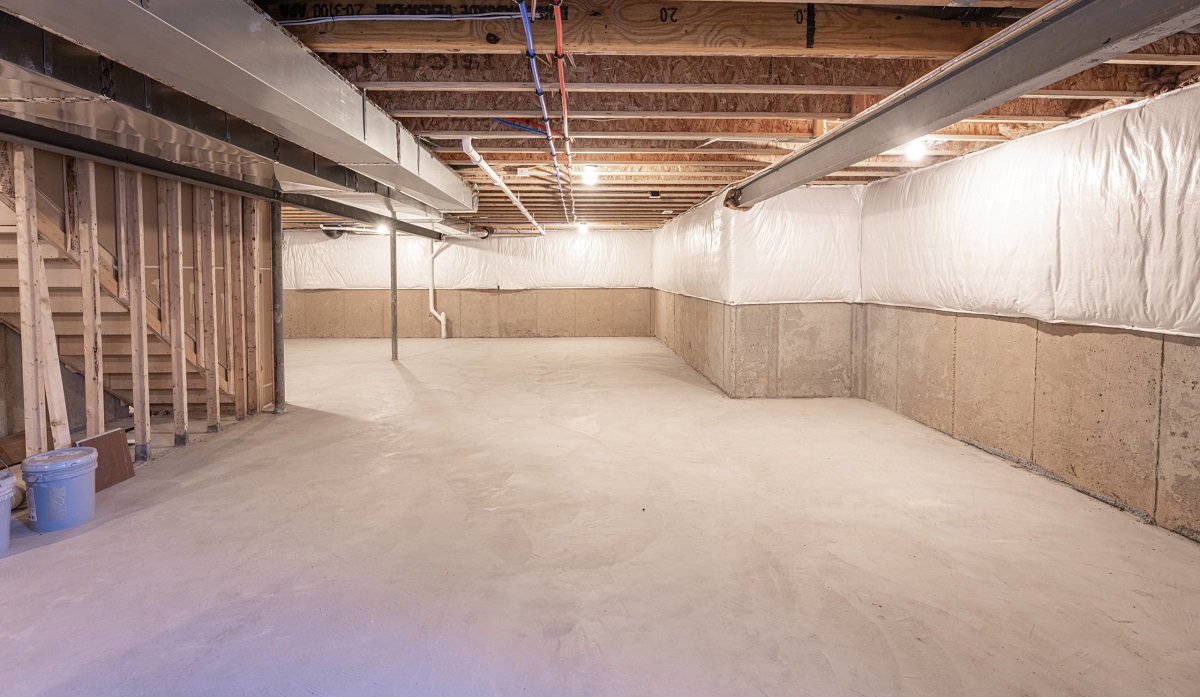

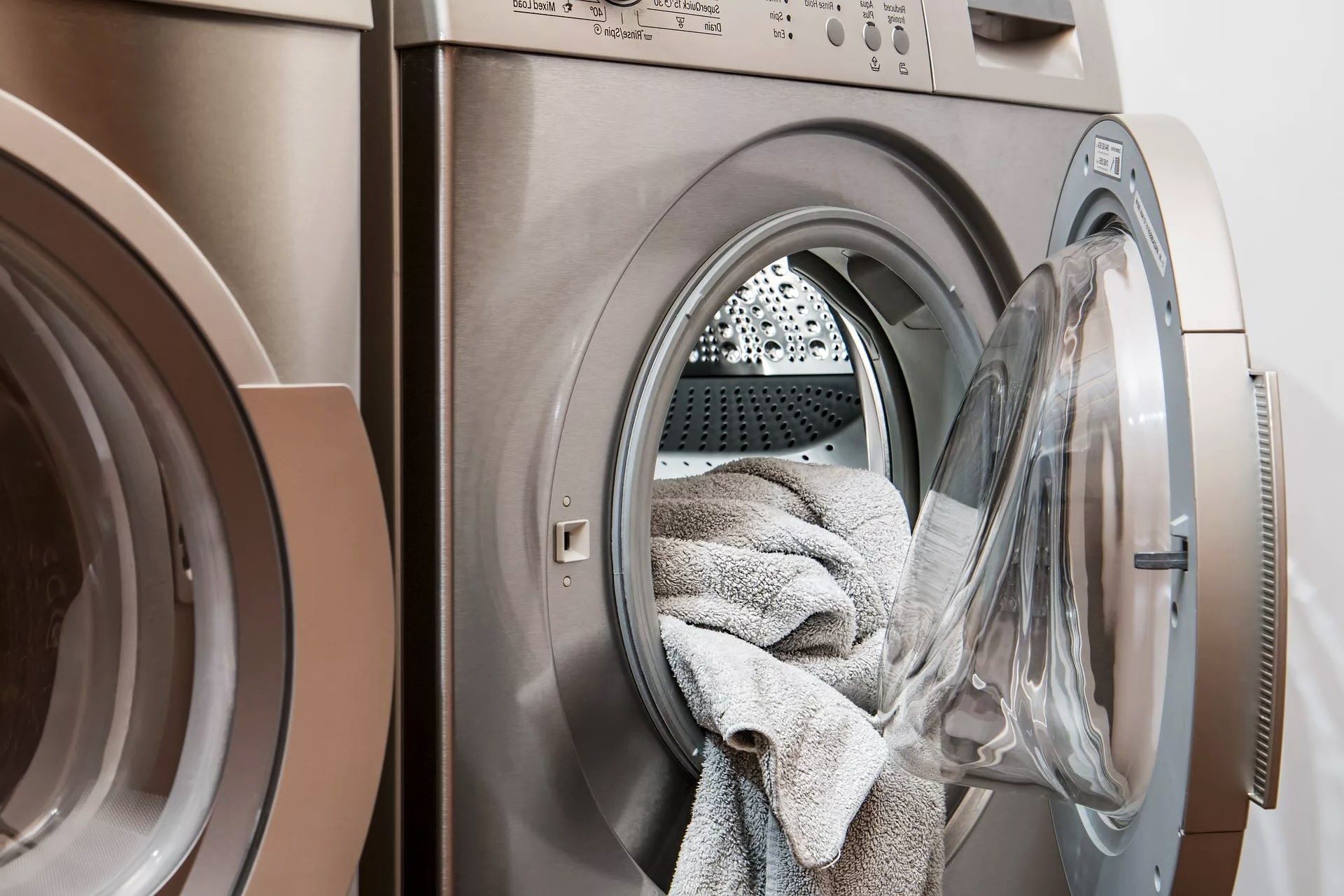

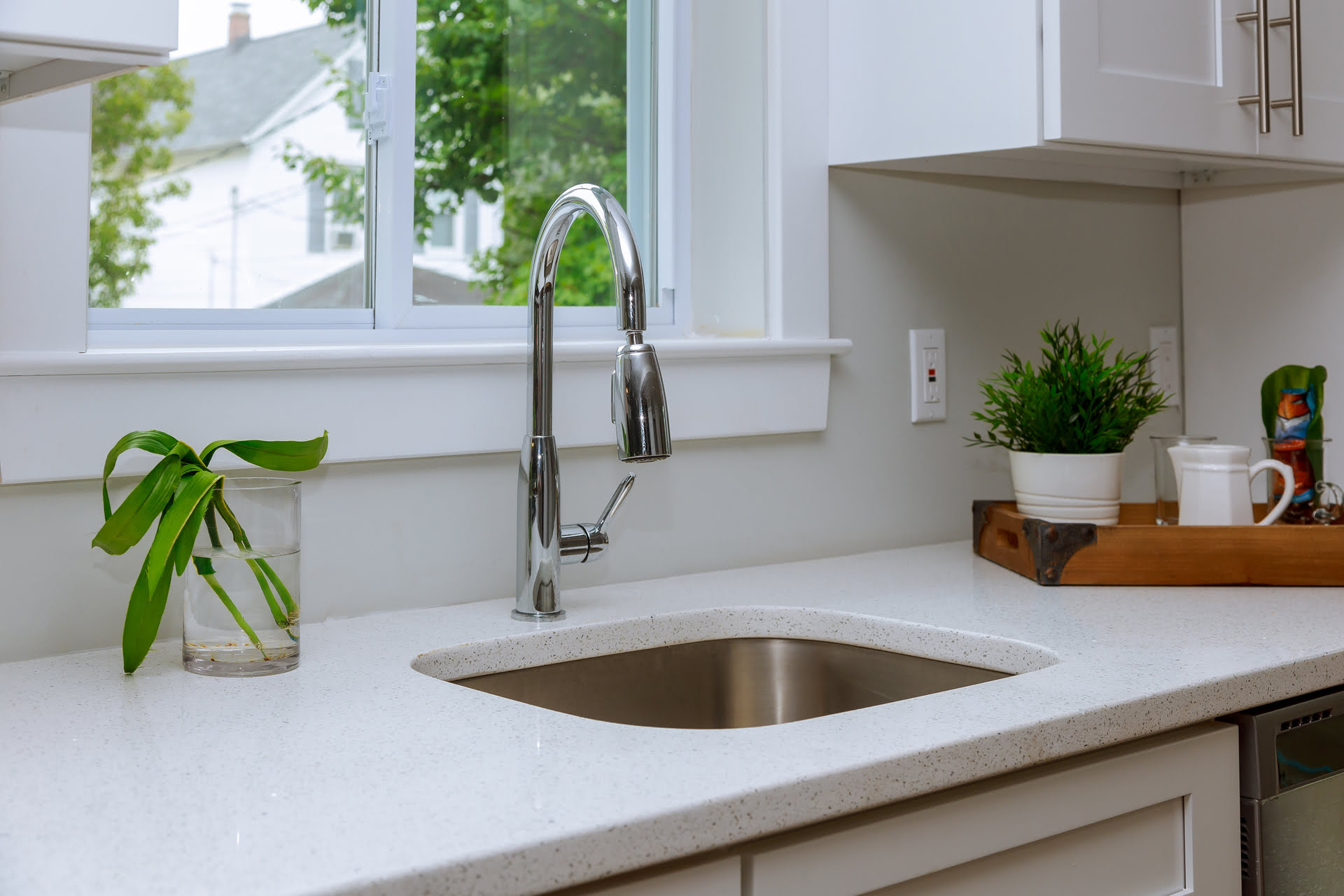

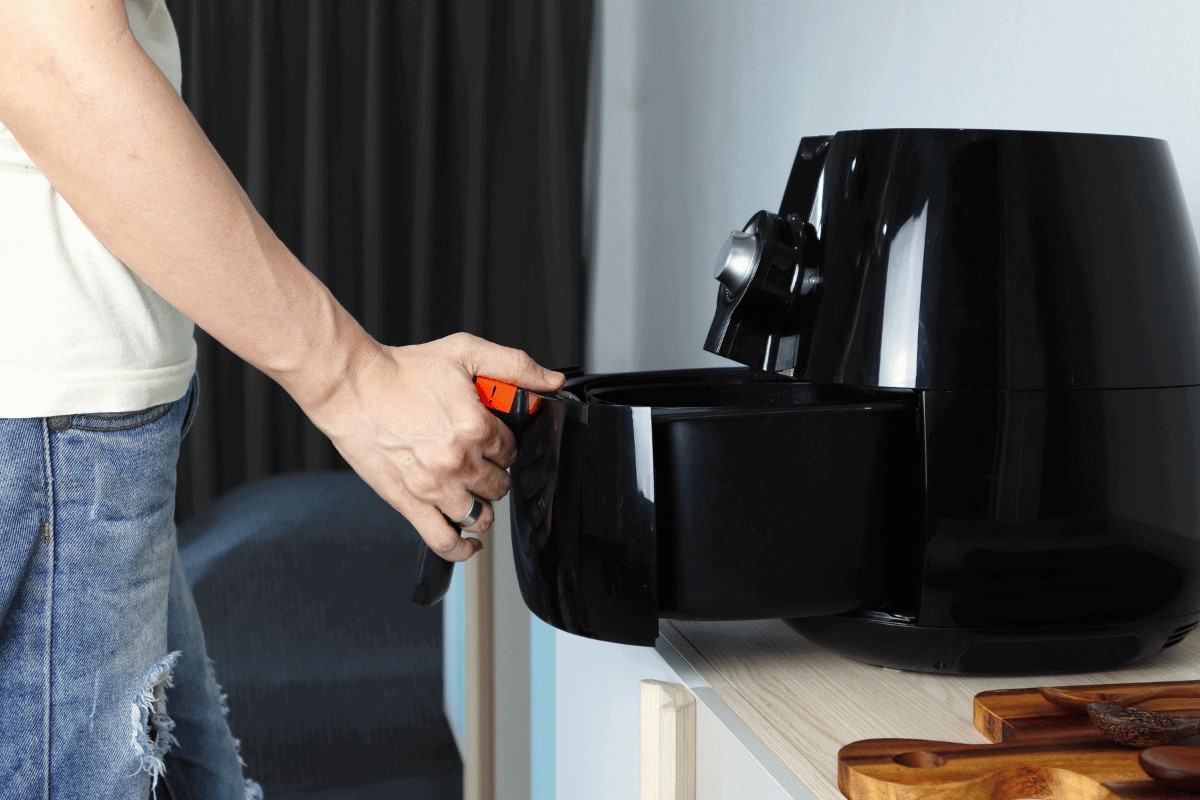
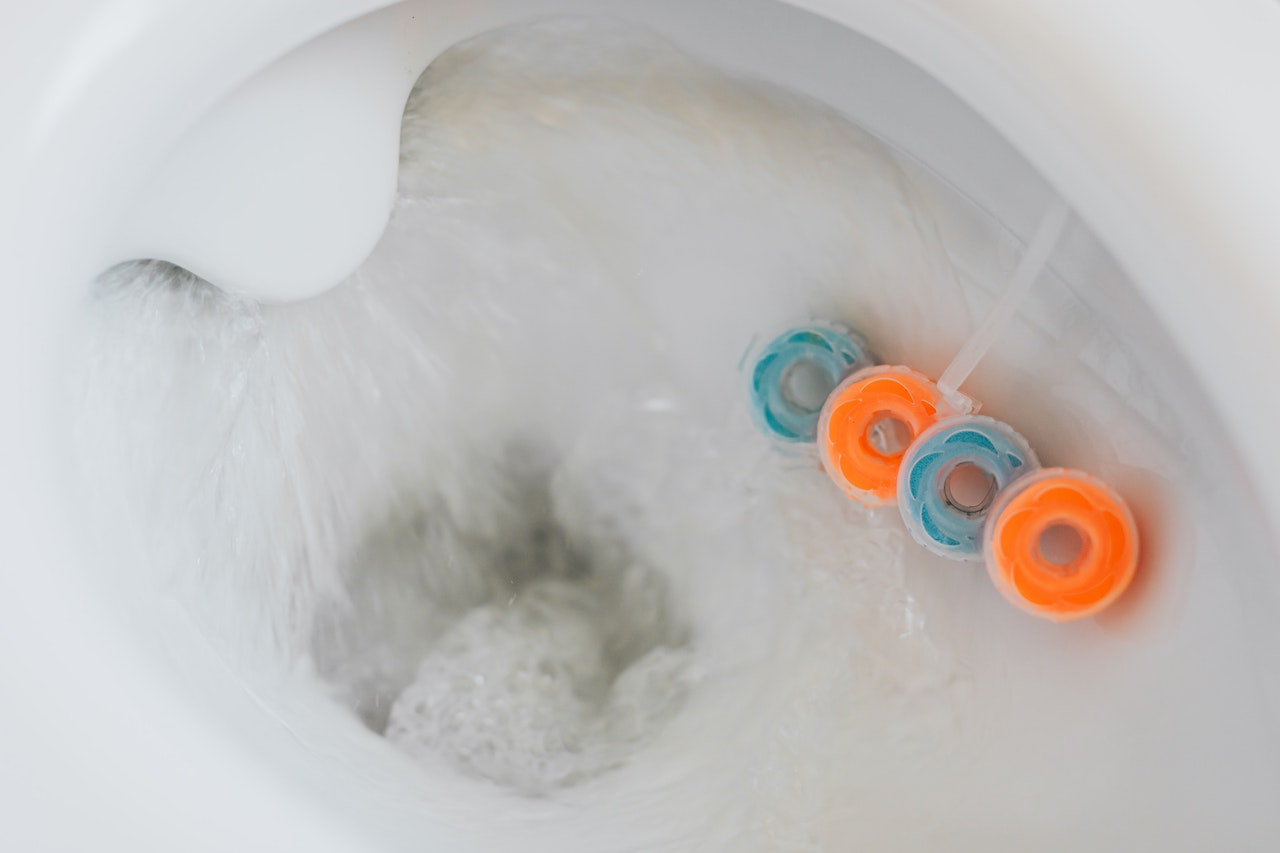
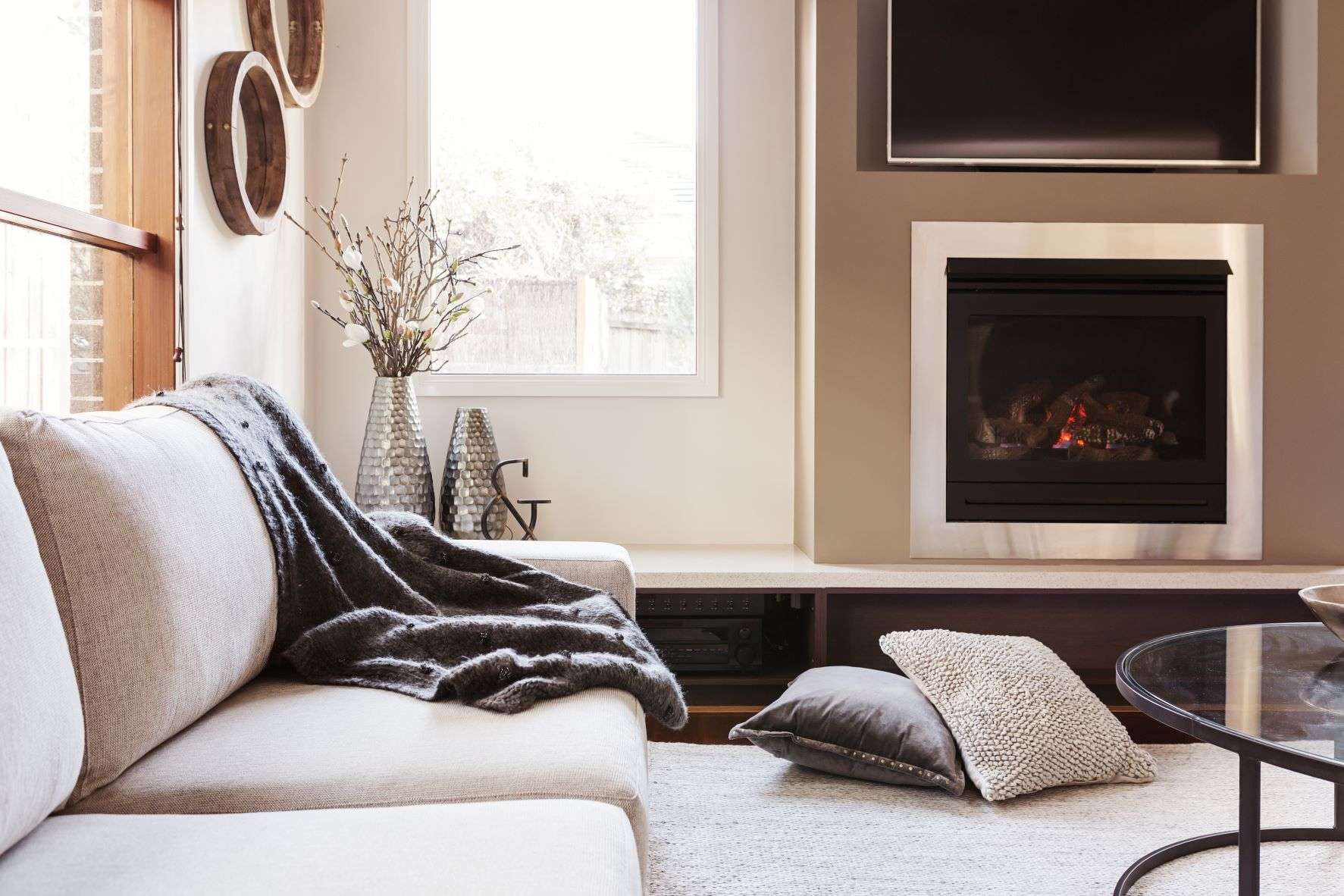
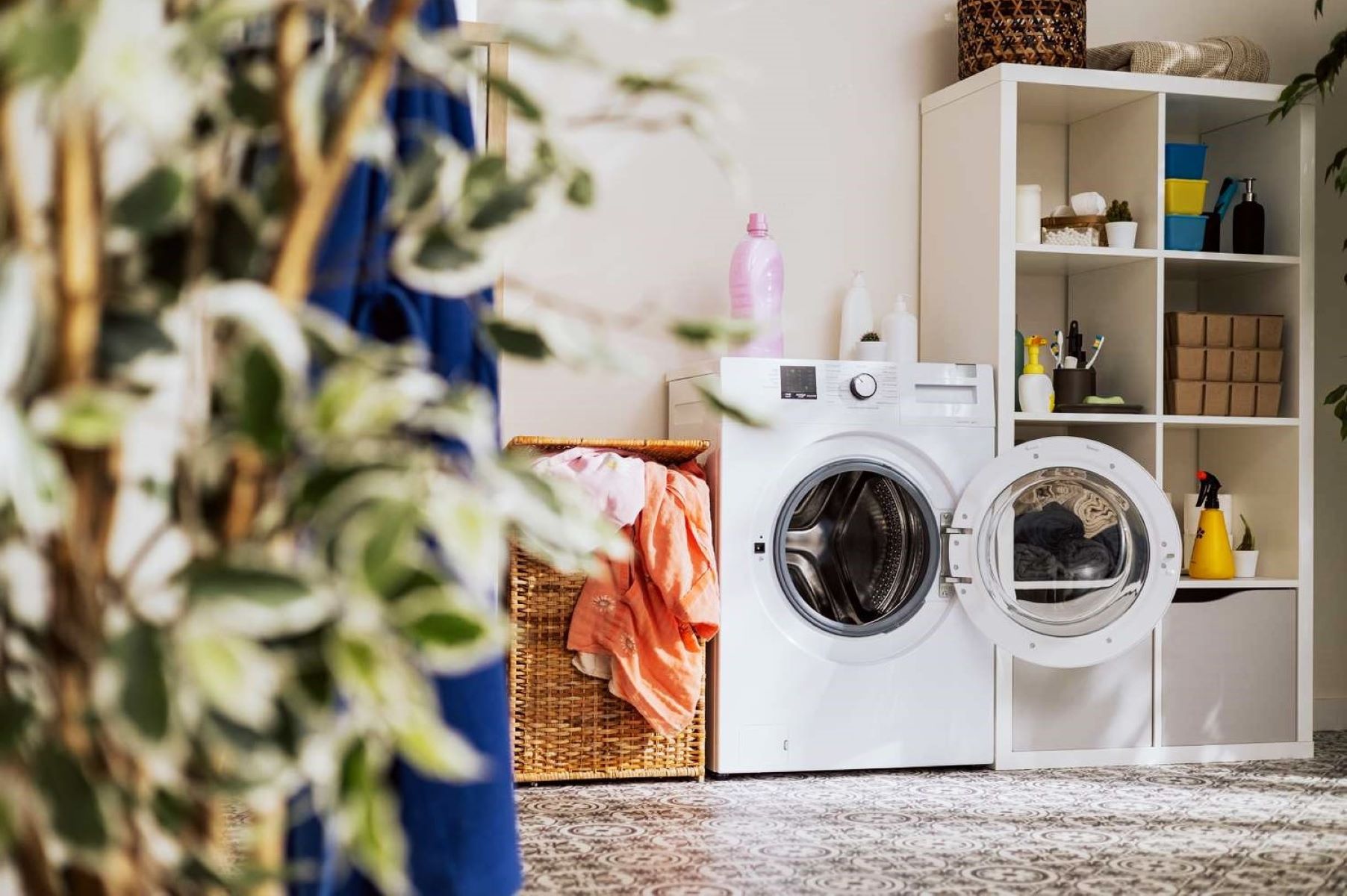

0 thoughts on “Why Does My Gas Fireplace Smell Like Gas”